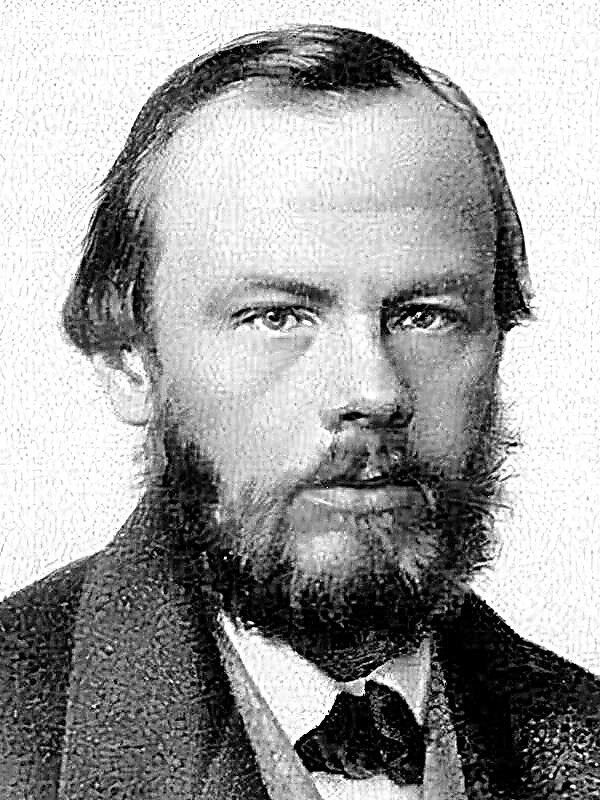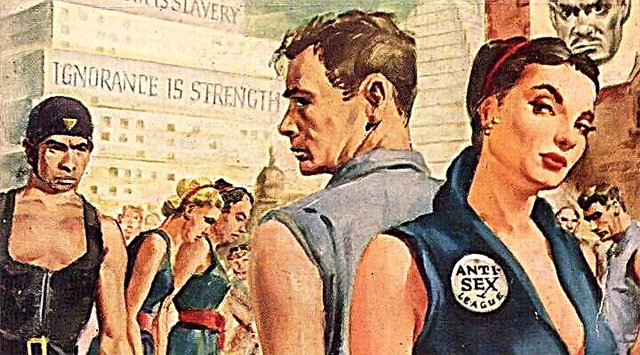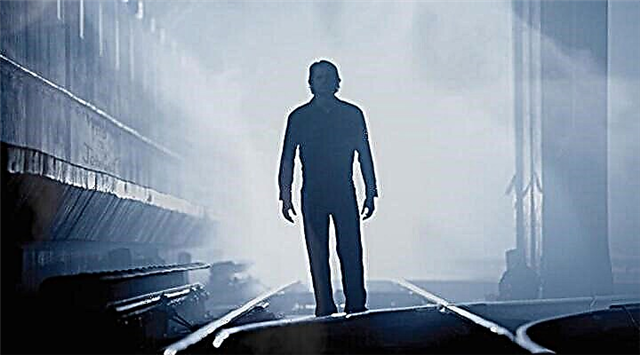(359 words) The novel Crime and Punishment is a complex and multifaceted work affecting the socio-psychological and philosophical aspects of human life and the problems of being. Therefore, the protagonist is a versatile and contradictory personality: Dostoevsky carefully studies the image of Raskolnikov with the help of not only portrait and speech characteristics, a description of the interior and exterior, but also the dreams of the hero.
Sleep is a reflection of a person’s inner experiences, in which the hidden corners of consciousness are reflected, and scattered ideas and passages of thoughts that are not connected with each other form a single picture. So, in Raskolnikov’s inflamed brain, phantasmagoric dreams are born, sometimes interspersed with delirium (a dream about Africa and a blissful oasis contrasting with the image of St. Petersburg, and a half-asleep delirium about a policeman Ilya Petrovich who beats the mistress who sees Raskolnikov after the murder, fearing that his crime will soon be revealed).
Rodion Romanovich sees the first dream about a hackneyed nag on the eve of a crime. He is transferred to his childhood, in his native town, he sees a big tavern, which seems to be the center of the whole city, a cemetery, a church, the graves of his grandmother and younger brother. The atmosphere of sleep is stuffy, heavy, and the main motive is death. Further, Raskolnikov’s imagination paints a terrible picture: drunken men slaughter an old horse to death, which cannot “satisfy” their whims and move a cart with seven passengers. The dream reveals the inconsistency of the nature of the hero. Raskolnikov is sorry for the horse, he is horrified by such human cruelty, but after all, the hero himself, killing an old woman, does not feel pity for her.
The second significant dream reflects the state of the hero after the crime: Raskolnikov dreams that, following some kind of person, he again falls into the apartment of the old woman-interest-holder. But the old woman is alive, she sits in the corner of the living room and laughs. The hero is tormented, crushed by this piercing laugh-screech, but he cannot get rid of its source - the old woman. Then he runs and everywhere sees people who seem to know that he is a killer. The dream is generated by the exhausted illness of Raskolnikov’s consciousness, which feels both fear and the loathing of a perfect murder.
And finally, the last dream about the "pestilence", which the hero sees already in hard labor, reveals the inconsistency of Raskolnikov's theory: the idea of "extraordinary" and "permissiveness" covers, like an illness, all people, because of which mass crimes begin, blood spills over , the world is approaching the apocalypse. The dream is terrible, as is the very idea that there are people who are allowed to transgress the law.
Thus, dreams are an important characteristic of Raskolnikov, since they not only reflect emotional experiences, but also create an integral picture of the hero’s artistic world.

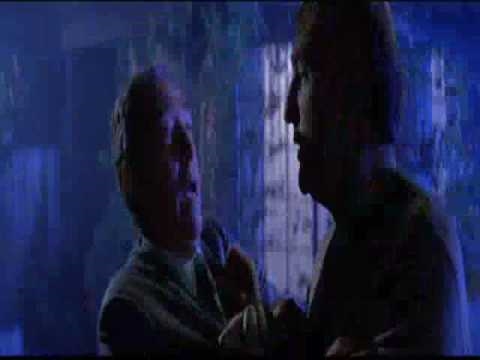
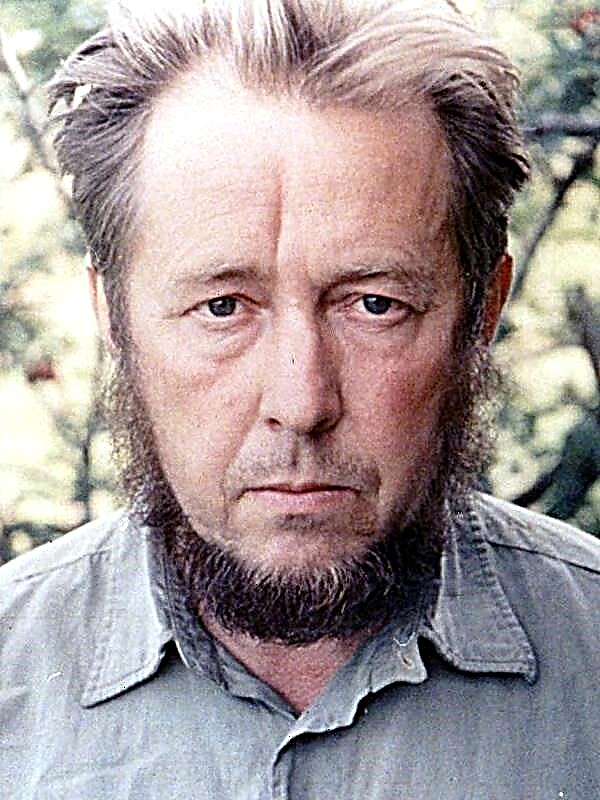
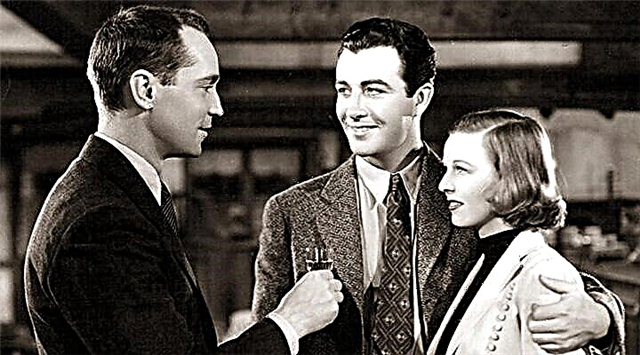
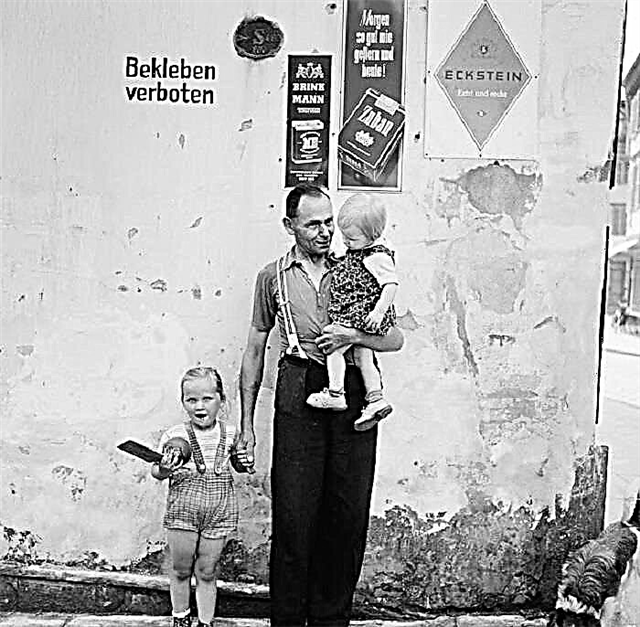
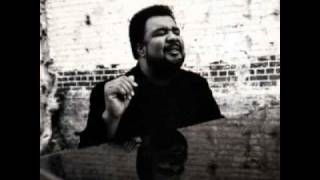

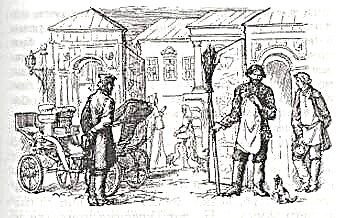
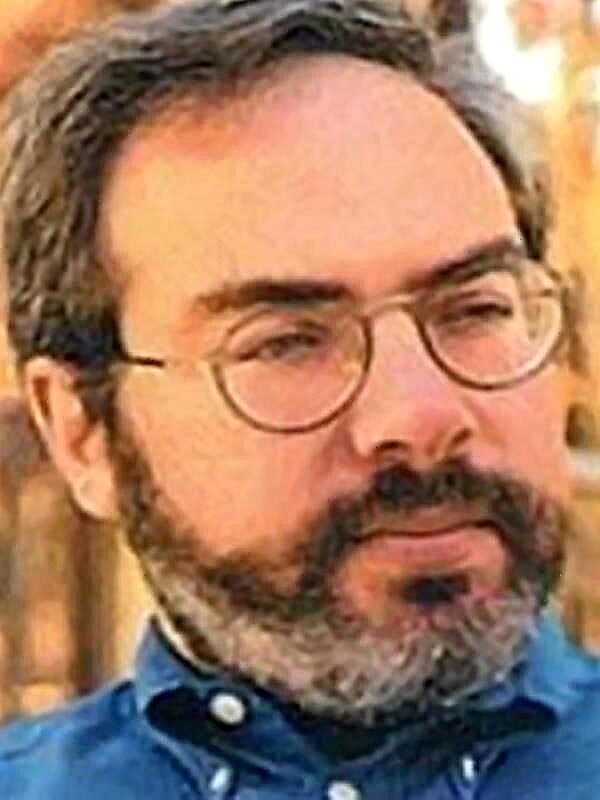 McKinsey Tools
McKinsey Tools
